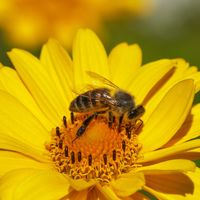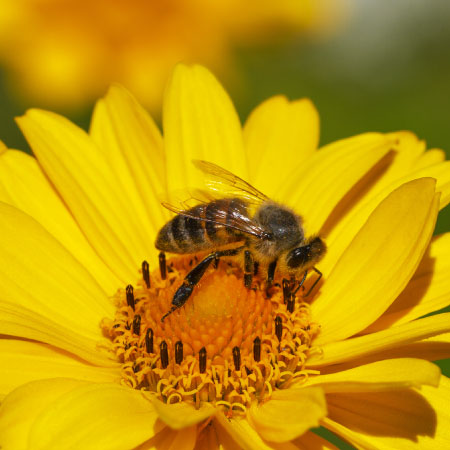Gardening With Hedges: Planting & Care of Landscaping Hedges

Amy Draiss
From marking your property to protecting your privacy, hedges serve many purposes in the landscape. At the nursery, you are faced with an overwhelming number of choices in hedging shrubs. Consider the maintenance requirements, suitability for your landscape, and overall appearance of the shrubs before making your final decision. You'll enjoy the lasting beauty of a well-chosen hedge for years to come.
Popular Shrubs for Hedges
Shrubs for hedges should suit your purpose as well as your location, and a large part of your success in gardening with hedges depends on choosing the right plants. Deciduous hedges provide cooling shade for the garden in summer while allowing warming sunlight in during the winter months, but they aren't a good choice for situations where you want year-round privacy. Evergreen hedges are great for areas where winters are cold and you will have few other plants to break the monotony of the winter landscape. Here are some deciduous and evergreen shrubs that make excellent hedges:
- Japanese barberry - This particular barberry (Berberis thunbergii) is a deciduous shrub with dense, thorny leaves that act as a secure barrier. It keeps its foliage well into winter.
- Ninebark - Ninebark (Physocarpus monogynus) is a deciduous shrub with has ornamental bark that sheds in paper-thin layers. The bark keeps the hedge interesting in winter.
- Redosier dogwood - Also known as red-twig dogwood (Cornus sericea), it has showy red stems that stand out against a snowy background after the leaves fall.
- Boxwood - Boxwood (Buxus sempervirens) is an evergreen shrub that tolerates any sort of pruning. Use it if you want to give your shrub an interesting shape.
- Blue Point juniper - Blue Point (Juniperus chinensis) is a carefree evergreen juniper with interesting color and winter berries. It rarely needs pruning.
Care of Landscaping Hedges
The care of landscape shrubs depends on the species. Read the plant tag carefully and choose shrubs that are appropriate for the location. Investing in and planting hedges that won't thrive in your yard is costly as well as disappointing. Follow the instructions regarding the amount of moisture the shrub requires. Most need weekly watering when first planted, and less as they develop deep roots that can reach into the soil for the moisture they need.
Hedge Pruning Tips
Hedges look their best when they are properly pruned. Good pruning improves the shape of the shrub while increasing the density of the foliage. Use these hedge pruning tips to make decisions about when and how to prune your hedges.
- Flowering shrubs look best in informal hedges where they are allowed to grow naturally without shearing. Spring-flowering shrubs should be pruned soon after the flowers fade. Shrubs that bloom in summer and fall are best pruned in late winter or early spring.
- Most deciduous hedge shrubs need pruning early in the growing season and again when they have added about 6 inches (15 cm.) of new growth.
- Evergreen hedges need less pruning than deciduous hedges. Use pruning shears to create a uniform, formal appearance.
- Prune evergreen shrubs so that they are narrower at the top than the bottom. This allows sunlight to reach the lower branches, and it looks more natural than straight sides.
Sign up for the Gardening Know How newsletter today and receive a free copy of our e-book "How to Grow Delicious Tomatoes".

Jackie Carroll has written over 500 articles for Gardening Know How on a wide range of topics.
- Amy DraissDigital Community Manager